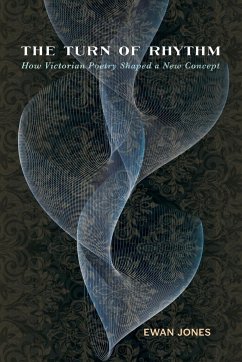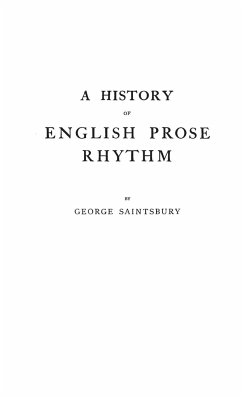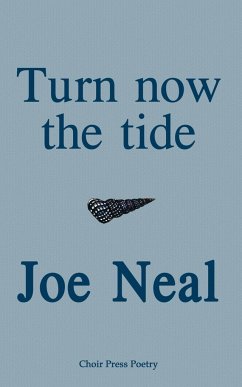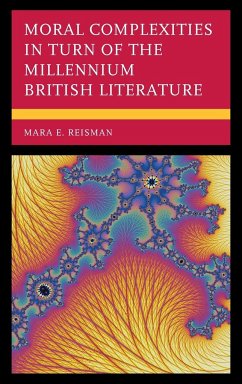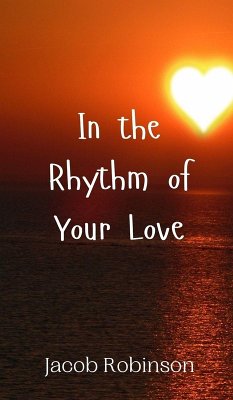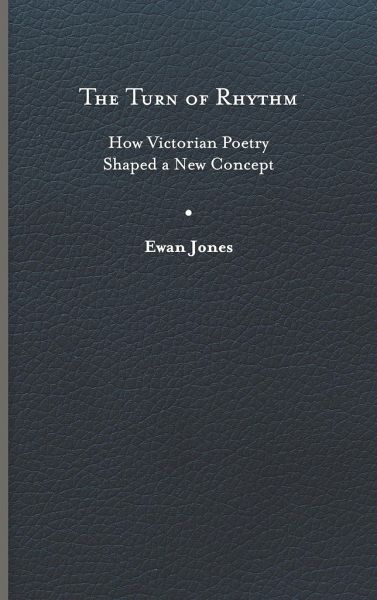
Turn of Rhythm
How Victorian Poetry Shaped a New Concept
Versandkostenfrei!
Versandfertig in 1-2 Wochen
89,99 €
inkl. MwSt.
Weitere Ausgaben:

PAYBACK Punkte
45 °P sammeln!
Incredibly, until the cusp of the nineteenth century, the word rhythm was not widely used. It likewise had no cultural connotations. This book traces the complex and overlooked way in which anglophone culture "got rhythm," concentrating on the pivotal role that poetry played in that narrative. The Turn of Rhythm offers the first book-length study of this distinctively nineteenth-century phenomenon. Ewan Jones uncovers how several nascent discursive fields--ranging from speech therapy to idealist philosophy to anthropology and the thermal sciences--perceived a growing need to conceptualize rhyt...
Incredibly, until the cusp of the nineteenth century, the word rhythm was not widely used. It likewise had no cultural connotations. This book traces the complex and overlooked way in which anglophone culture "got rhythm," concentrating on the pivotal role that poetry played in that narrative. The Turn of Rhythm offers the first book-length study of this distinctively nineteenth-century phenomenon. Ewan Jones uncovers how several nascent discursive fields--ranging from speech therapy to idealist philosophy to anthropology and the thermal sciences--perceived a growing need to conceptualize rhythm, and he demonstrates the centrality of poetry to that development. Poetry actuated states and processes in a manner that more discursive or propositional thinking could not. Drawing on the work of Robert Browning, George Eliot, Alice Meynell and A. C. Swinburne, as well as on the philosophy, science, and anthropology of the day, Jones traces the history of the concept of rhythm with the hope of enabling it to perform new work in the ongoing education of our bodies and minds.





